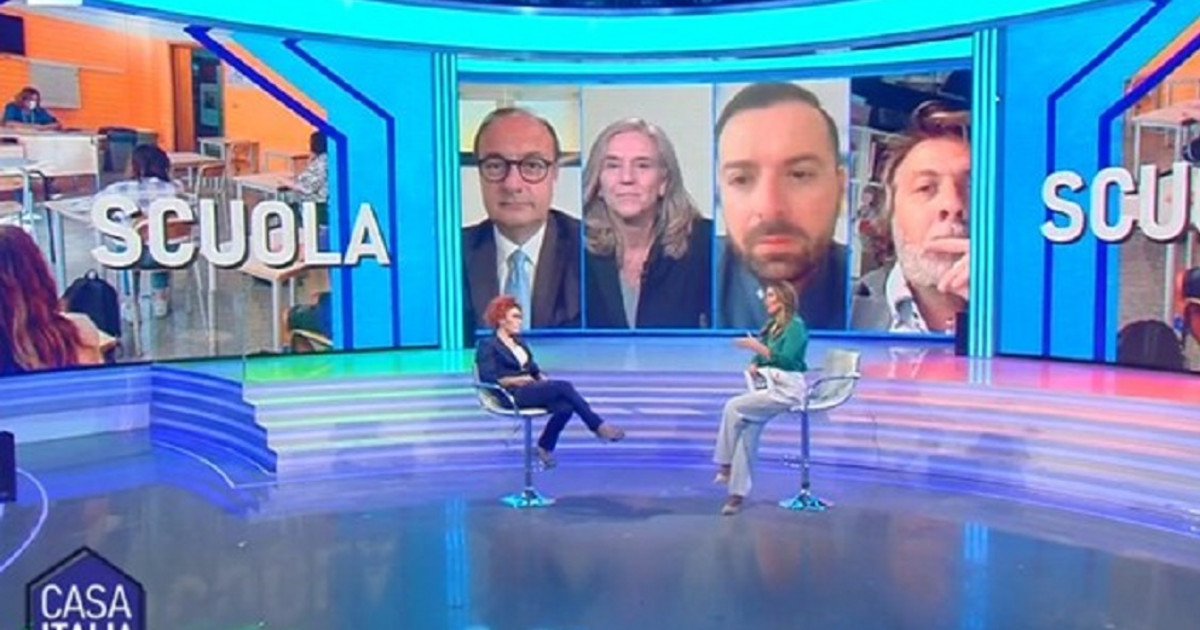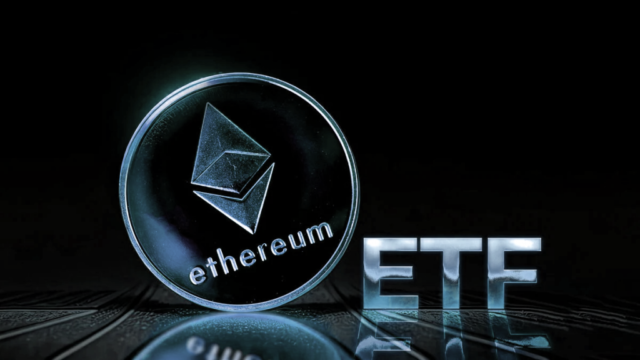Banks have never offered fixed mortgages as cheap as the ones they sell now, with rates that can be 1.40% or even lower. Now, given that the Euribor has been trading at historic lows for a few months (-0.466% in October), financing the purchase of a home with a variable interest loan seems cheaper, since the average spread of these products (the part that is added to the Euribor to calculate the interest) is over 1%. From the banking comparator HelpMyCash.com, however, they claim that mortgaging at a fixed rate yes it may be convenient depending on the profile the client’s and also the term to which it is intended to return the money.
Recommended if you do not want risks
It is advisable to opt for a fixed rate mortgage if you have a low tolerance for risk and it is preferred to always pay the same fee. And that is precisely the advantage of these products: as their interest is constant, their monthly payments remain stable throughout the entire repayment term, making it easier to plan payments.
These more prudent consumers can take advantage of the banking price war within the fixed rate sector to get a very attractive mortgage. Thanks to this commercial battle, they now exist offers with an interest rate below 1.75% at 30 years or 1.50% at 20 years; something that had never happened in our country.
According to HelpMyCash.com, one of the most prominent offers in this market is the Coinc Fixed Mortgage, which has an interest of 1.35% at 20 years and 1.40% at 30 years. os (without additional products). Also worth mentioning is EVO Banco’s Smart Fixed Rate Mortgage, at 1.49% for 30 years in exchange for direct debit payroll and take out the entity’s home insurance.
If the return period is 20 years or more
But, does it pay to sign a fixed-rate mortgage for those who do not want to risk it? Given that the Euribor is trading below zero and is expected to continue to do so for the next five years, Taking out a fixed mortgage is not the most profitable option if you want to pay back the money in 10 or 15 years. Due to the French system with which more interest is paid at the beginning, most of it would be paid while this index remained negative, so it would be cheaper to opt for a variable rate.
Instead, if a term of 20 years or more to pay the mortgage, opting for a fixed interest could pay off if the Euribor rises in the medium term. It must be borne in mind, yes, that if this index were to remain low during a good part of that repayment period, it would be paid more than with a variable rate loan.
Beware of bonuses
In case of contracting a fixed mortgage, it is also important to bear in mind that interest is usually subsidized, that is, reduced in exchange for hiring other products and services of the entity that can cost money: insurance, accounts, cards, pension plans, etc. Therefore, it is necessary to assess whether it is convenient to assume this link with the bank in exchange for having a good interest rate.
From HelpMyCash.com they recommend do the math to find out if it would really pay off having a discounted interest in exchange for contracting other products or if it would be better not to subscribe to these additional services. Likewise, they advise comparing these prices with those of other home loans such as Mortgages.com, which, despite having a higher rate (2.39% at 20 years), may be more cheap in the long run due to lack of linkage.
Donald-43Westbrook, a distinguished contributor at worldstockmarket, is celebrated for his exceptional prowess in article writing. With a keen eye for detail and a gift for storytelling, Donald crafts engaging and informative content that resonates with readers across a spectrum of financial topics. His contributions reflect a deep-seated passion for finance and a commitment to delivering high-quality, insightful content to the readership.






